I guess by now most of us, coding freaks by now are into arduino directly or indirectly. One major problem we all have faced with arduino is the frequent deletion of the boot-loader from the Atmega IC. There could be N number of reasons for this, and I shall not get into that. I will give you a way to solve this problem and also convert your normal atmega chip to an arduino chip.(Most of you pro's will tell me AVR and Arduino are the same. YES they are, but for those freshers who have just been introduced to AVR and Arduino take them as different things, as time goes you will know what I mean)Requirements to boot-load:
1) A programmer or another working arduino board.
2)the board you want to boot-load.
3)6-7 plugs(wires)
Procedure:
step1: connect your programmer to the arduino IC. the pins are as follows:
1) A programmer or another working arduino board.
2)the board you want to boot-load.
3)6-7 plugs(wires)
Procedure:
step1: connect your programmer to the arduino IC. the pins are as follows:
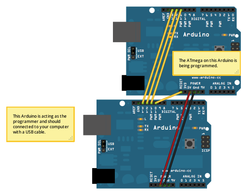
pin 13,12,11 on the arduino corresponds on sck,miso,mosi respectively. use this config to connect to the usbasp.
step 2: on the arduino IDE(arduino1.0 and up) select the corresponding board which you want to boot-load
step 3: select your programmer.(usbASP or if your using arduino itself select arduino as ISP)
step 4: connect the programmer to the computer.
step 5: in the arduino IDE select tools>burn bootloader
step 6: plug out the arduino and now get coding on your freshly bootloaded chip!!!
step 5: in the arduino IDE select tools>burn bootloader
step 6: plug out the arduino and now get coding on your freshly bootloaded chip!!!
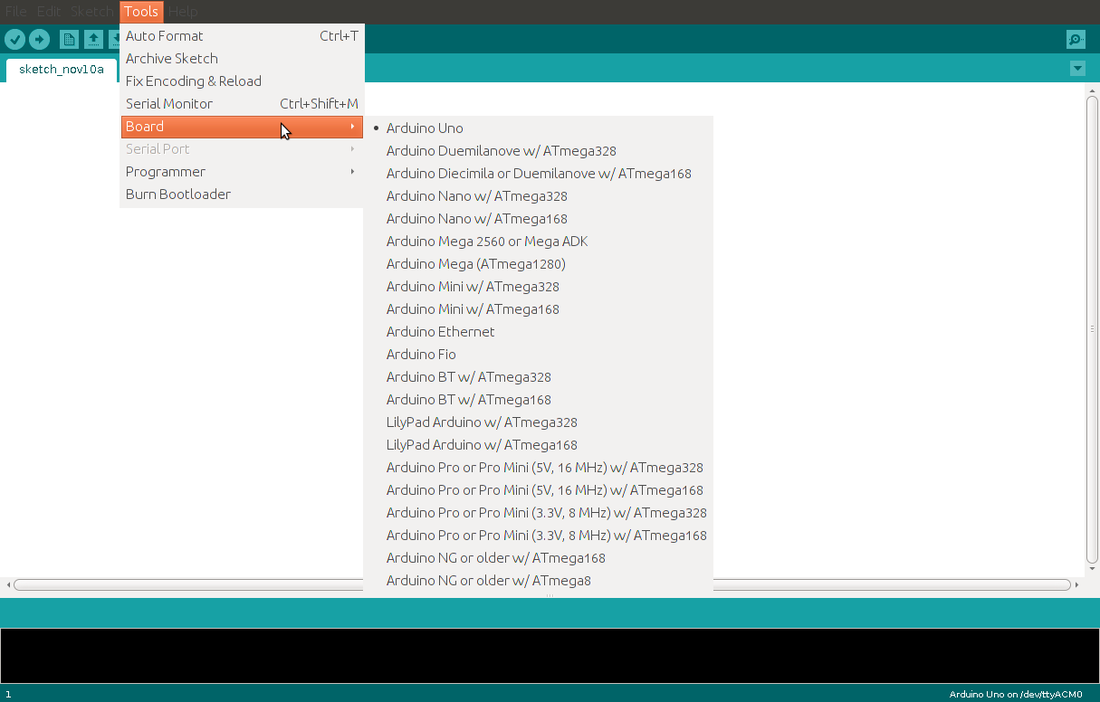
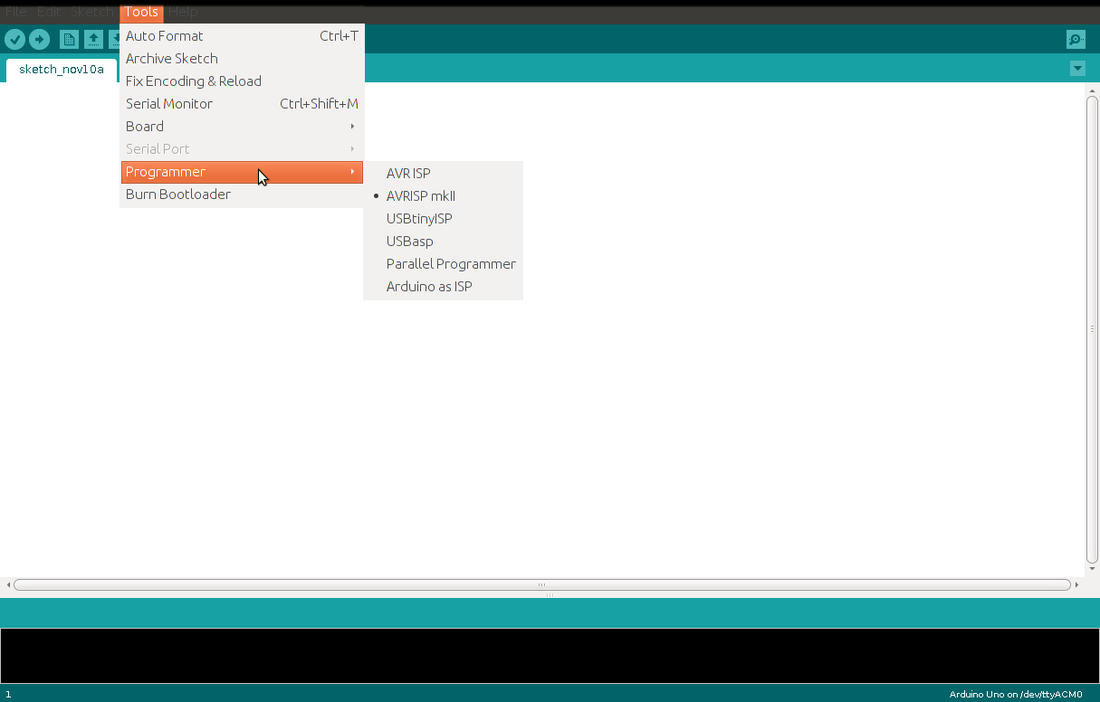
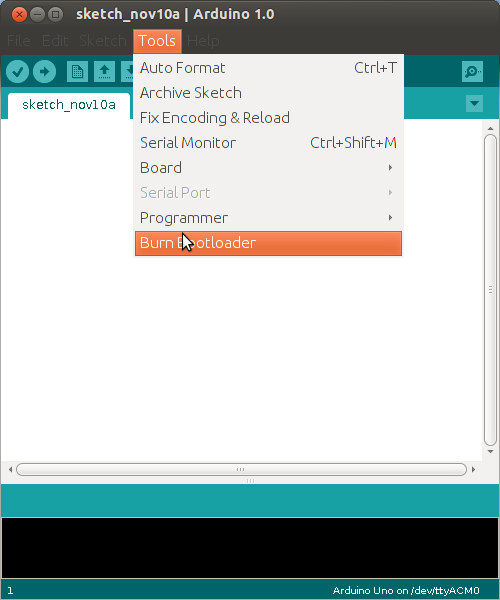
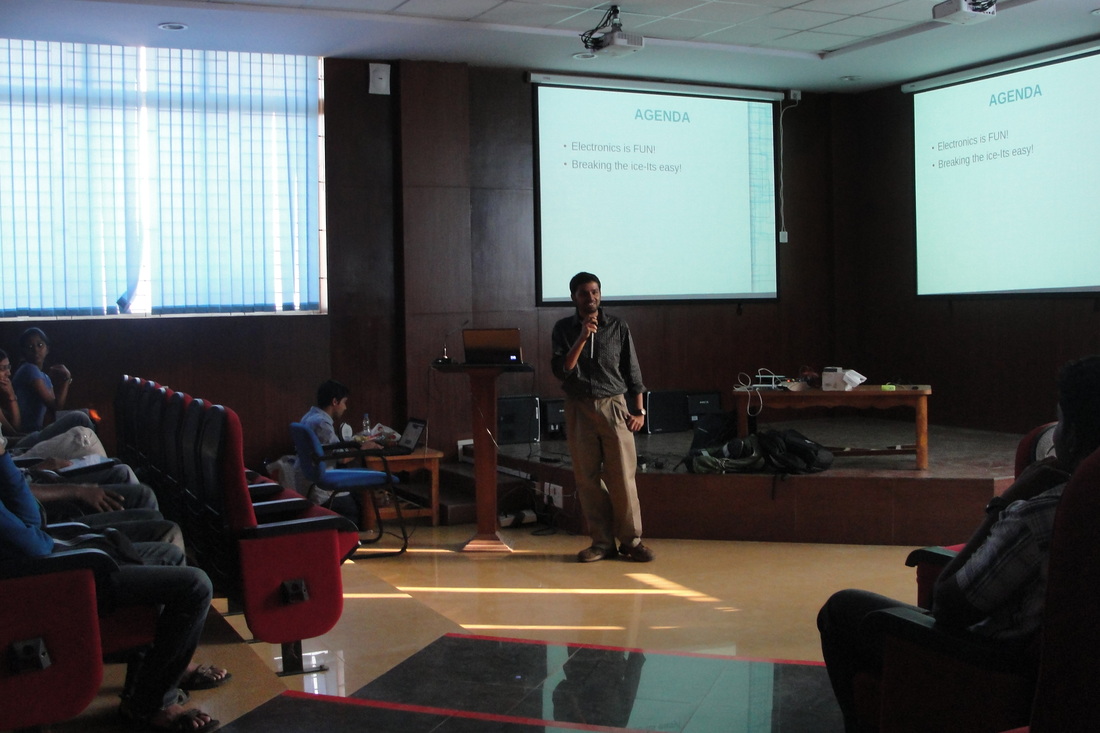
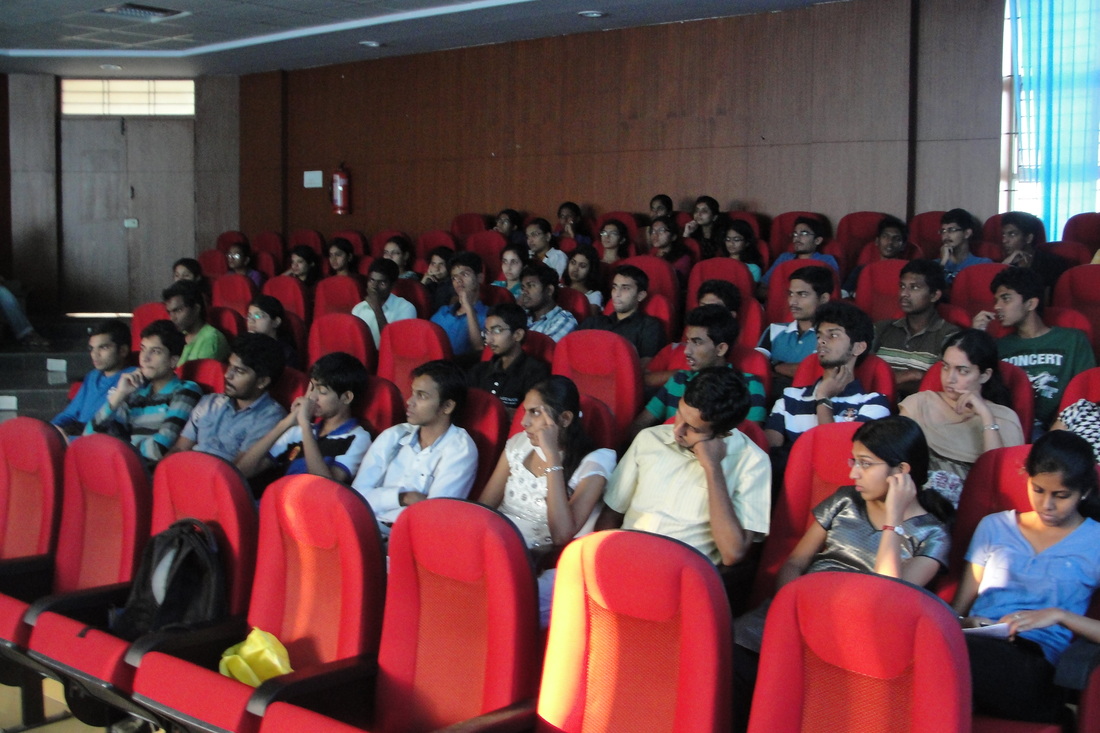
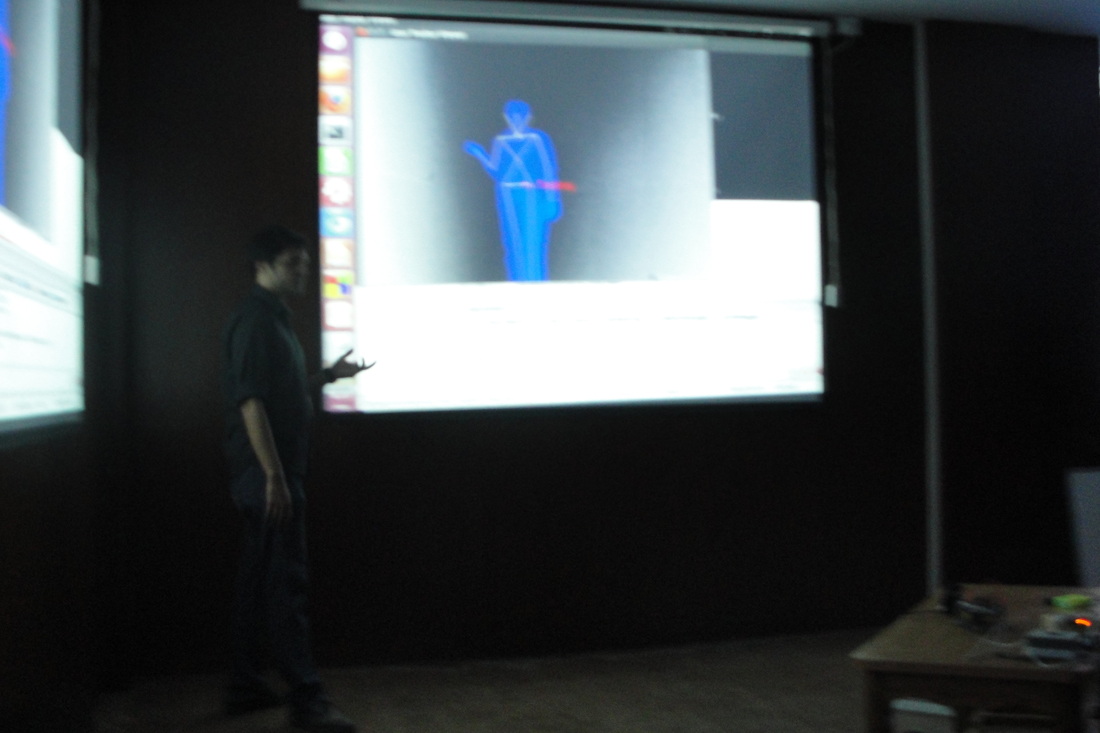
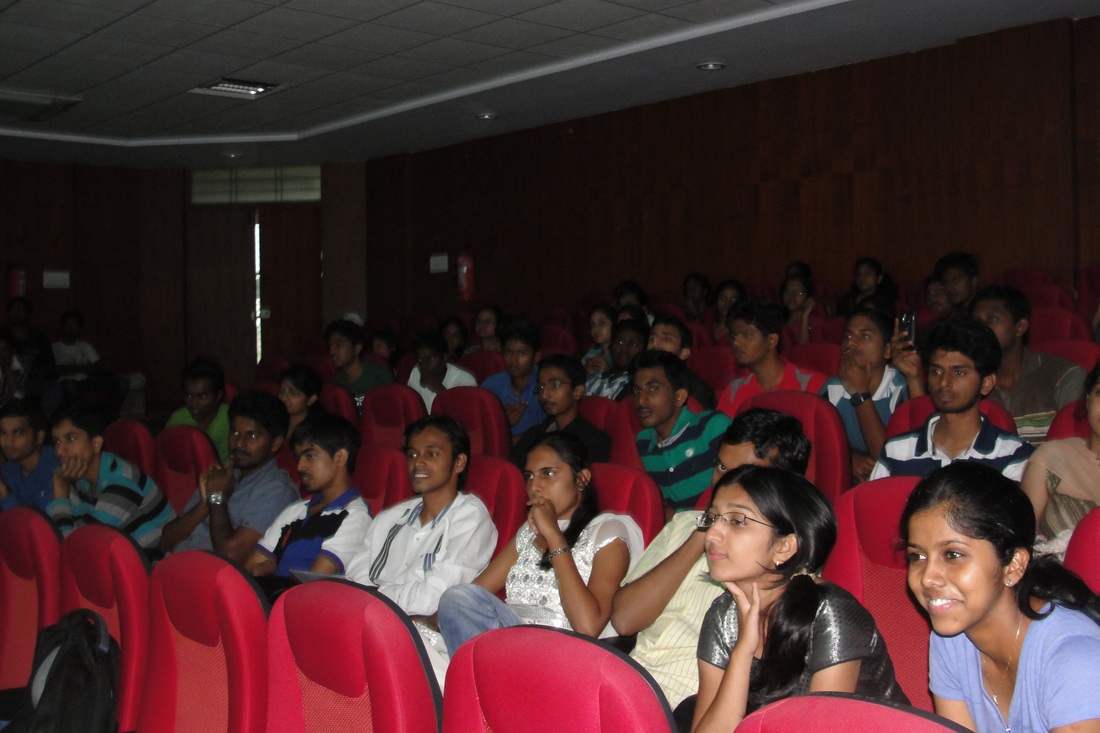
 RSS Feed
RSS Feed